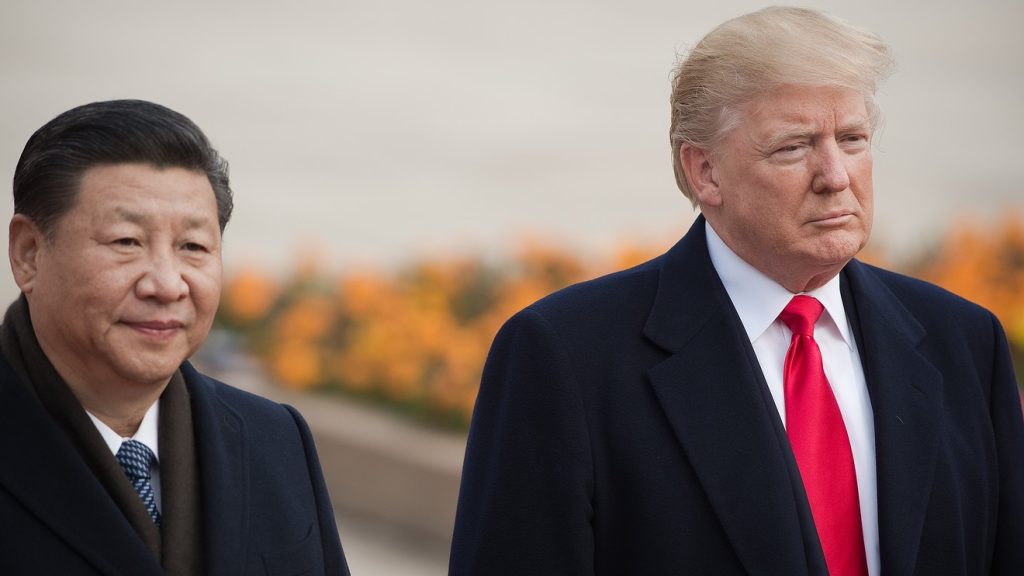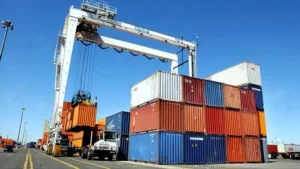Tensions between the United States and China have resurfaced, prompting Presidents Donald Trump and Xi Jinping to schedule a meeting later in October. The renewed strain comes after Washington threatened to impose additional 100 percent tariffs on Chinese goods, a move seen as retaliation for Beijing’s decision to tighten export controls on rare earth materials.
Speaking on Fox Business Network, U.S. Treasury Secretary Scott Bessent said discussions between both nations had “substantially de-escalated” after high-level talks were held over the weekend. He confirmed that further meetings between senior officials from both sides would take place in Washington D.C., alongside the World Bank and IMF annual meetings. Bessent added that the tariffs were not yet in effect and could be reconsidered depending on the outcome of the upcoming meeting.
“President Trump said the tariffs would not go into effect until November 1,” Bessent stated. “He will be meeting with Party Chair Xi in Korea, and I believe that meeting will still hold.” The two leaders are expected to hold a private session during the APEC summit, which focuses on enhancing connectivity, driving digital innovation, and promoting inclusive growth across the Asia-Pacific region.
China’s Foreign Ministry responded by urging dialogue and cooperation instead of confrontation. Ministry spokesperson Lin Jian stressed that the United States should act on the “common understandings” reached between both presidents in previous calls. “Threatening high tariffs is not the right way,” Lin said. “China will take necessary measures to defend its legitimate rights and interests.”
Meanwhile, Washington criticized Beijing for aggressive maritime behavior after Chinese coast guard vessels reportedly rammed and used water cannons against a Philippine fisheries boat near Thitu Island in the South China Sea. U.S. State Department Deputy Spokesperson Thomas Pigott expressed America’s support for the Philippines, warning that China’s “coercive actions” undermine regional peace and violate international commitments to resolve disputes diplomatically.







